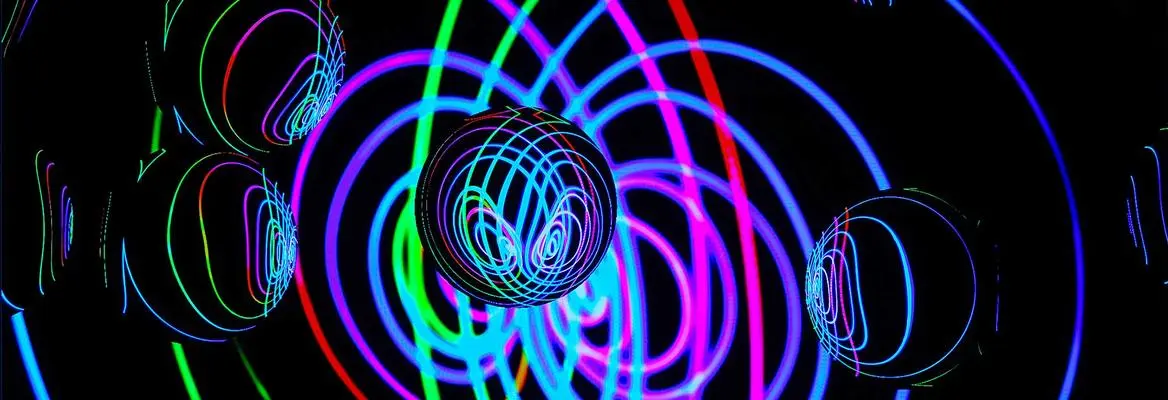When it comes to the biggest questions about the cosmos, physicists tend to either shy away from them or assert theories that have no real empirical backing. The Big Bang is a good example – a creation myth that physics will probably never be able to show is true. But these theories are also not simply equivalent to religious dogma, they lie in the undefined space between science and religion – not in conflict with science, but not supported by it either, argues Sabine Hossenfelder.
Many people have a bad start with physics in school. I did, too. Physics seemed all about magnets and atoms and balls rolling down inclined planes. I didn’t find it particularly engaging. And yet, today, I’m a physicist.
In school, we see only one side of physics, but it has another side. Physics is one of the best ways to make sense of our own existence: Does the past still exist? Do copies of us live in other universes? Can information be destroyed? Does science have limits? Those are some examples of questions that physics helps us answer.
___
That most physicists keep quiet about those big questions has another downside: it leaves the arena to those who conflate religion with science
___
Physicists don’t like to talk about this existential side of their research. I suspect that’s because, historically, existential questions have been the realm of religion, and scientists want to keep their distance. But keeping this distance has a downside: it also distances science from humanity. It’s probably part of the reason that scientists in general, and physicists in particular, are perceived as cold and technocratic. It seems that physicists don’t care about what the fundamental laws of nature imply for people. That most physicists keep quiet about those big questions has another downside: it leaves the arena to those who conflate religion with science.
One case where science crosses over into religion is the beginning of our universe. Physicists have put forward many theories for it: a big bang, a big bounce, a collision of higher-dimensional membranes, a gas of strings, a network, a 5-dimensional black hole, and many more – I’ve lost track. But the scientifically correct answer is, rather boringly, that we don’t know how the universe began. Indeed, there are good reasons to think we will never know. But some physicists are unwilling to accept this answer. They fill their knowledge gap with creation myths, written in the language of mathematics.
 SUGGESTED READING
Physics forgets we are part of reality
By Jenann Ismael
SUGGESTED READING
Physics forgets we are part of reality
By Jenann Ismael
These creation myths are not wrong, so it is not unscientific to believe in them. It’s rather that we cannot tell them apart with observations – not now, and quite possibly never. My friend and colleague Tim Palmer from the University of Oxford suggested to call such ideas “ascientific”: Science can’t tell us whether they’re wrong or right. Like the hypothesis of an unobservable, omniscient God, the ideas that our universe emerged from a black hole, or a collision of higher dimensional membranes, or a network, are ascientific.
___
Believing in the existence in unobservable universes is not in conflict with science; it’s not unscientific. Rather, it’s ascientific
___





















Join the conversation